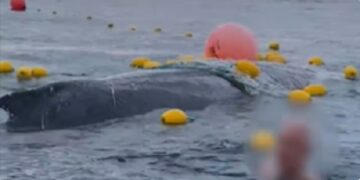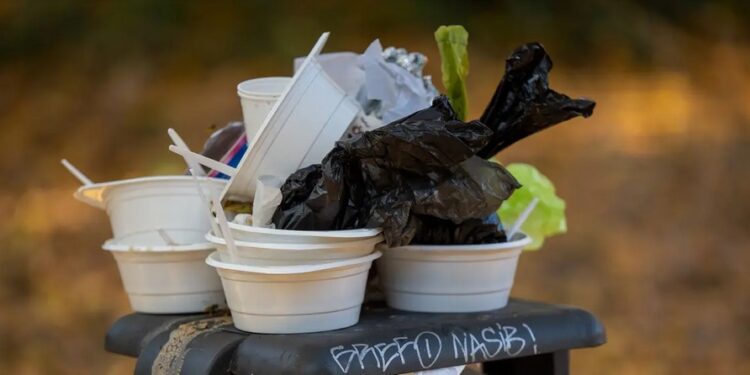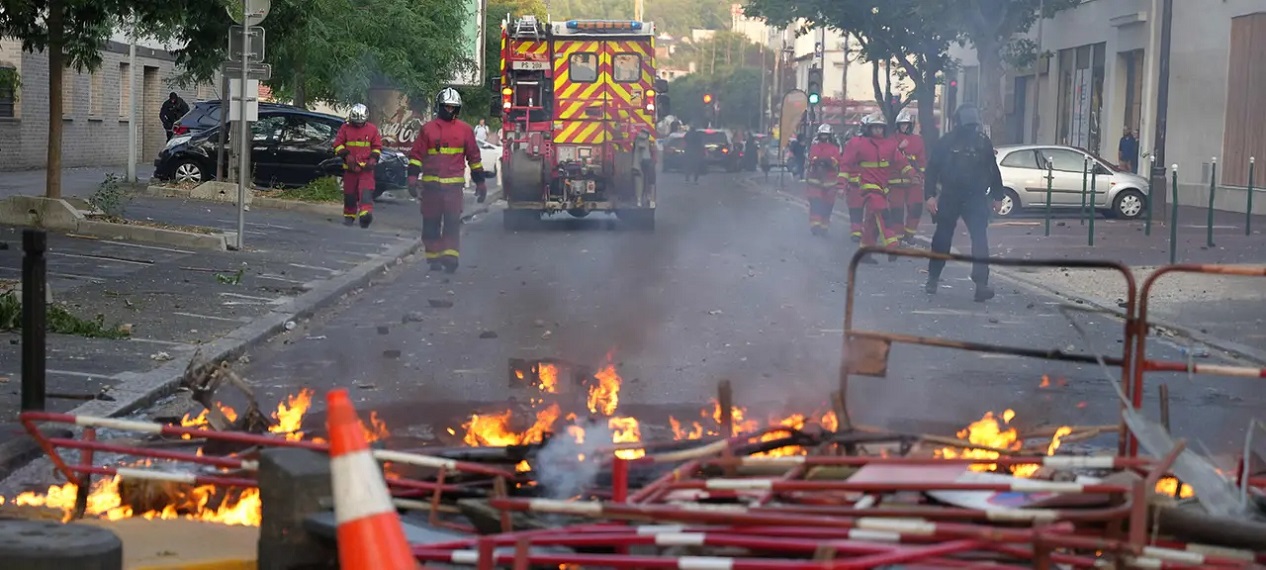EU Takes Action Against Plastic Pollution
A new round of negotiations for a global plastic agreement has kicked off in Geneva—potentially the last chance for a consensus. While the EU is regarded as a leader in this effort, it, too, grapples with the mounting piles of plastic waste.
The 450 million residents of the European Union produce about 15% of the world’s plastic bottles, bags, and tubes. This places the EU third in global plastic production, following Asia and the United States. To combat the growing waste problem, the European Commission has formulated a strategy under the “Green Deal,” focusing on three main pillars: repair, ban, and recycle.
The Symbolic Bottle Cap
One notable case is the mandatory attachment of caps to plastic bottles, a regulation that has been in place for a year. This small, round piece of plastic, which now occasionally ends up in the nose instead of in the sand, has become a symbol of Europe’s fight against plastic pollution. Few EU decisions have sparked as much discussion online.
However, the cap isn’t the only plastic item targeted. The EU Parliament has also banned plastic straws, cotton swabs, and balloon sticks, along with plastic cutlery. Frederique Ries, an EU parliament member from Belgium, champions the law and points out that there are many affordable alternatives available, such as bamboo cutlery.
Shift Away from Large Packaging
As of 2023, every to-go restaurant with more than five employees is required to offer reusable coffee cups and salad bowls. Additionally, the EU is aiming to eliminate air-filled containers; toothpaste tubes and ketchup bottles that aren’t filled to the brim will also be banned to prevent waste.
Recycling Focus
In addition to these bans, the EU is emphasizing recycling. Within four years, nearly every packaging item should be recyclable. However, some EU countries need to establish recycling systems first, which means tiny ketchup packets will also be discontinued. The Parliament has also approved a “right to repair,” driven by German SPD MEP René Repasi. This initiative seeks to make repairing products easier and cheaper than throwing them away.
Yet, anyone who has ever attempted to open a toaster knows how far this goal still is. Craftsmen argue that with low prices, repairs are not financially viable, and they are calling for at least a service fee.
EU Waste Exports
Despite all these efforts, the statistical waste mountain has been climbing for years. Millions of tons of waste from the EU are sent abroad due to lack of capacity to dispose of or process the waste.
Moreover, the trend is shifting in another direction. To protect the economy, some environmental regulations in Brussels have already been rolled back. In the United States, former President Donald Trump reinstated the use of plastic straws. It’s hard to imagine the uproar if the bottle cap on his beloved Coca-Cola was also fixed in place like in the EU.
The EU is at a critical juncture, balancing bold actions against plastic waste with economic considerations, while the world watches closely.













